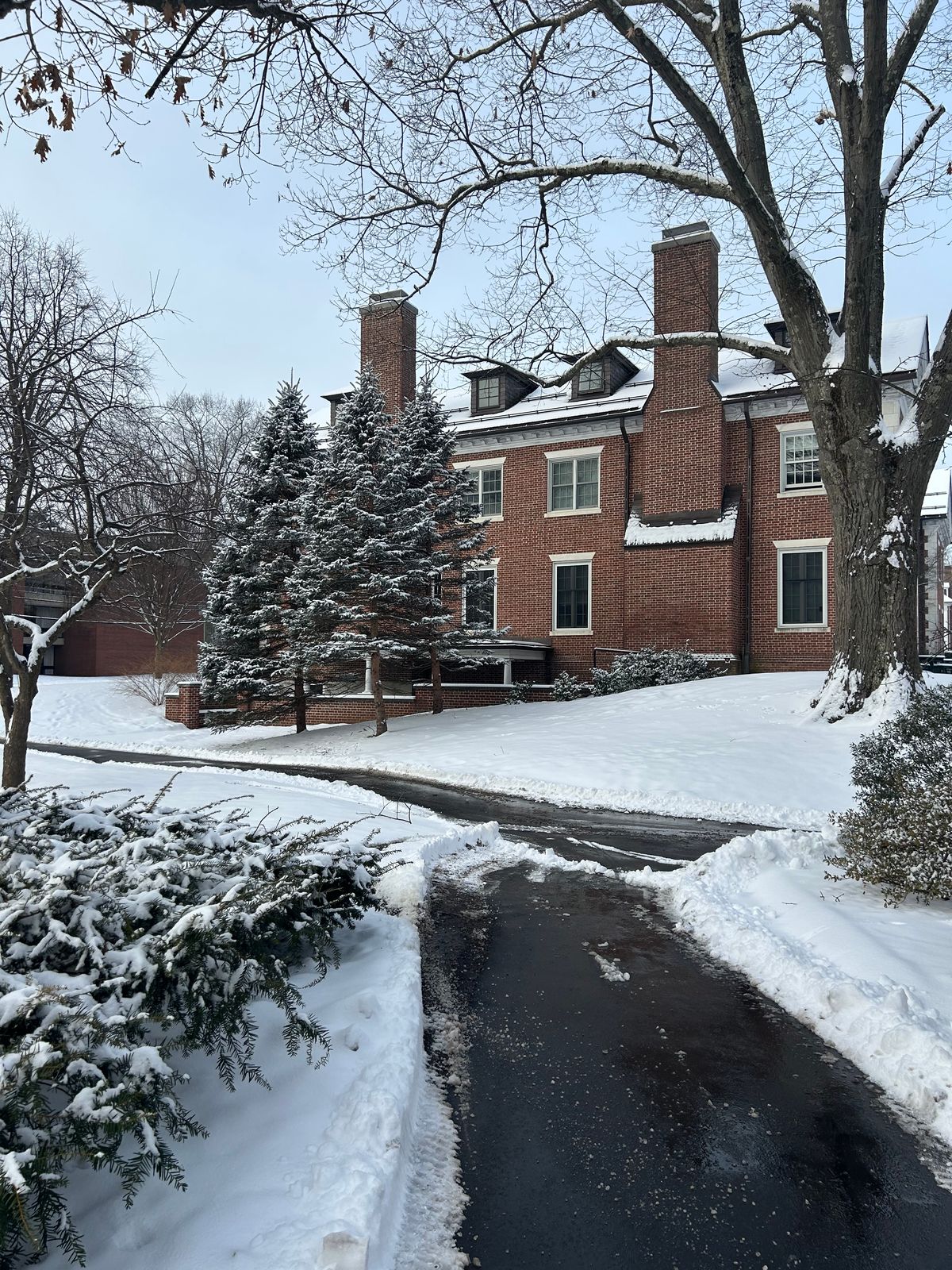Housing Creates New “Herd Housing” System
Housing & Operations announced that the process of selecting triples and suites is now being replaced by the “Herd Housing” system, including a “Pod Housing” application where students can request to be placed in neighboring rooms.

In a Jan. 31 email, the college’s Housing & Operations department announced a series of changes to the housing selection process.
Changes that will impact the selection process for next fall include an earlier timeline for dorm selections, a new process for selecting triples and suites called “Herd Housing,” and the addition of the Hastings apartments, the college’s new downtown dorms.
According to Housing & Operations Director Marie Lalor, these updates to the housing system are designed to “allow for improved understanding of the relationship and expectation associated with community living.”
The college announced that the old system for selecting triples and suites will be replaced this coming year by the “Herd Housing” system, which is an “opportunity for returning students to live in suites, pods, apartments, and triple rooms with other students.” Students can submit one application for all the different types of Herd Housing.
Pod housing is a new addition to the housing system this year, giving students “the chance to choose rooms with others with [sic] whom you want to live near, creating a neighborly cohort.” In an email sent out to students, he stated that pod housing will be available in eleven dorms total, including the Cohan, Hitchcock, King, Lipton, Mayo-Smith, Moore, Morris Pratt, and Seelye, Tyler, Valentine, and Wieland dorms.
As part of the changed process, Student Theme Community applications were due on Feb. 7 this year, earlier than in years past, and each theme house had individual applications. According to the “Theme Community Applications” page on the Amherst College website, “Applications that meet the criteria will be placed in a lottery. 50% of slots will be allocated for students returning to the house, and the remaining 50% will be allocated through a general lottery of remaining applications.” If offered a spot, students have 48 hours to accept the offer. There will be multiple rounds of acceptances until all spots in the community houses are filled.
The housing policy that is taking effect this year is not a new one, but rather the reestablishment of the pre-pandemic system. Prior to the pandemic, students were able to select housing in groups, which is what Herd Housing seeks to recreate.
Apartment living is also being introduced in this year’s housing selection cycle. The Hastings Apartments are located at 55 South Pleasant Street and include 22 apartments, with doubles, triples, and four-person suites. According to an email from the Office of Community Living, “These climate-controlled apartments will include bedrooms, restrooms, kitchen and dining areas, and a living room. The building features a centralized trash room, bike storage, a large common area, and an elevator.” There will be an apartment for a live-in professional staff member and two for “nontraditional students.”
The changes have drawn criticism from some students. In a recent Association of Amherst Students meeting, Senator Phuong Doan ’26 was vocally against the new pod housing system. Doan said he was mainly concerned for students with accommodations or those who may not have a friend group to pod with and will feel excluded from their floors.
“I’m going to prioritize students who could be harmed by this,” Doan said. “I don’t think we should implement policies that benefit some students and allow certain students to have more fun at the expense of the comfortability of other students.”
Doan said he plans to work with Dean of Students Angie Tissi-Gassoway in an effort to better consider the needs of all students at the college.
Some students, however, feel more positive about the pod housing program. “It seems really innovative. However I do wish the cap was larger and allowed for more people to live together,” Anna Jordan ’27 said.
Finally, the Housing and Operations department has changed its policy towards students who arrived on campus before the start of the semester. Students will now be charged a fee of $200 for early arrivals without prior approval.
There will also be a $20 lockout fee if students require lockout services after the first time. Lalor said that lockout fees were not implemented during the fall in order to give students time to adjust to the new policy. These charges serve as an incentive to encourage students to lock their doors and compensate for the “significant administrative burden” associated with early arrival, Lalor said.




Comments ()